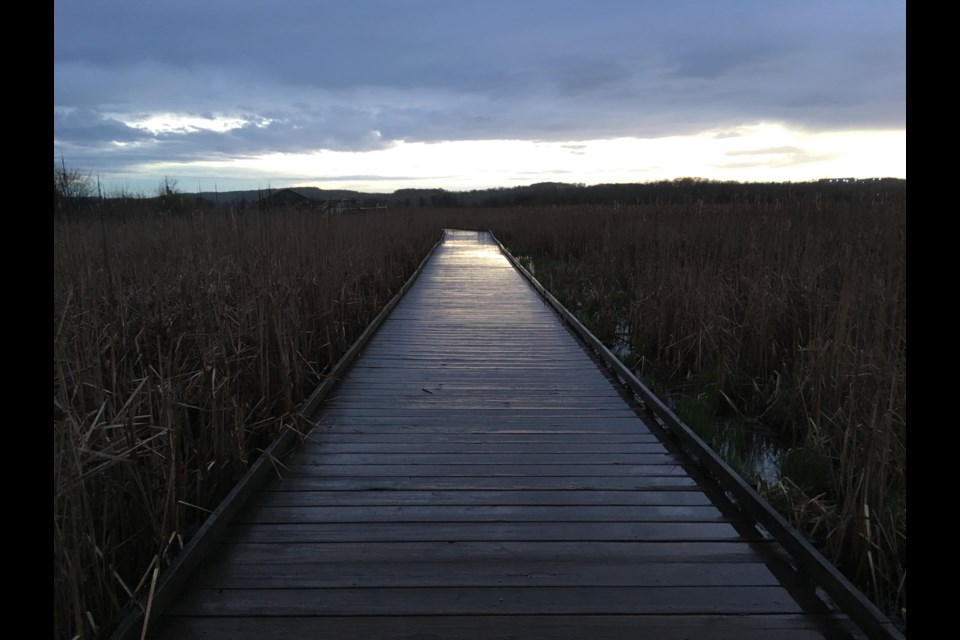Staying with the Trouble - Donna J. Haraway (2016)
Braiding Sweetgrass - Robin Wall Kimmerer (2013)
Gathering Moss - Robin Wall Kimmerer (2003)
Learning to Die in the Anthropocene - Roy Scranton (2015)
MichiSaagiigNishnaabeg: This is Our Territory - Doug Williams (2018)
Against the Anthropocene - T.J Demos (2017)
Decolonization is not a Metaphor - E. Tuck and K. Wayne Yang (2012)
Love in the Anthropocene - Bonnie Nadzam& Dale Jamieson (2015)
The Emissary - Yoko Tawada (2014)
Settler: Identity and Colonialism in 21st Century Canada - Emma Battell Lowman, Adam J. Barker (2015)
Anticipatory History - Caitlin DeSilvery, Colin Sackett (2011)
Research is Ceremony - Shawn Wilson (2008)
"The Anthropocene marks severe discontinuities; what comes after will not be like what came before. I think our job is to make the Anthropocene as short/thin as possible and to cultivate with each other in every way imaginable epochs to come that can replenish refuge."
- Donna J Haraway. Staying with the Trouble, Making Kin in the Chthulucene
During the May long weekend we came together with ten other artists at the Wye Marsh in Midland for a micro-residency focused on thinking together about what it means to be making art in the age of the Anthropocene (or Capitalocene, Chthulucene, Petro-Capitalocene, etc.). The Wye Marsh, a wetlands research, interpretation and education centre, which sits on the traditional and treaty territory of the Huron-Wendat, Anishinaabek and Haudenosaunee people, became both context and teacher as we earnestly questioned how we respond as artists to this moment of profound ecological crisis, not only in what we make but also how we make it.
At the end of the challenging but productive weekend we were left full of questions without easy answers: How do we justify the material impact of our creative practices, which are so often about making more stuff? How do we even begin to wean off destructive habits? Can we survive as professional artists if we give up travelling and flying? What can we do to prepare for a world that will be drastically changed by climate instability? How do we make sure our actions in response to ecological crisis are also in the service of dismantling systemic oppression? Where do we make space in our busy lives to work collectively towards solutions? How do we grieve in this time of ecological despair? How do we look for other ways of being while being mindful of our place in the ongoing violent colonial history of this land?
In the spirit of this residency and “staying with the trouble” we offer some of these questions to you without answers, because we don’t yet have them ourselves. We also share with you our collectively generated reading list as places to turn to start thinking about these difficult questions for yourself. Participants in the residency included Andrew Maize, Bonnie Devine, Christina Kingsbury, Don Russell, Emily Traichel, Fan-Ling Suen, Halley Roback, IgaJanik, Lisa Hirmer, Lynne Beausoliel, Susie Osler, Terry Williams. We would like to acknowledge support for this residency by Quest Art School + Gallery and RBC.
This Content is made possible by our Sponsor; it is not written by and does not necessarily reflect the views of the editorial staff.

